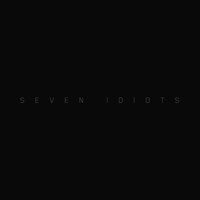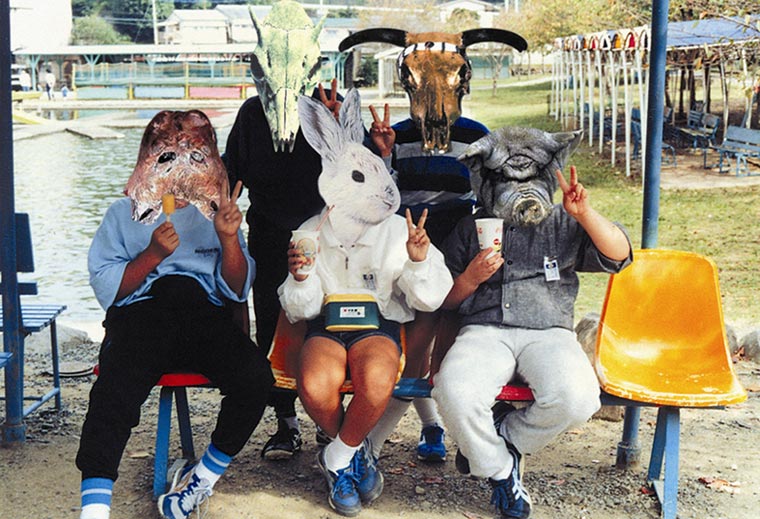 World’s End Girlfriend: Seven Idiots (Erased Tapes, 6/21/11)
World’s End Girlfriend: Seven Idiots (Erased Tapes, 6/21/11)
World’s End Girlfriend: “Teenage Ziggy”
[audio:https://alarm-magazine.com/wp-content/uploads/2011/05/Worlds_End_Girlfriend_Teenage_Ziggy.mp3|titles=World’s End Girlfriend: “Teenage Ziggy”]For more than a decade, Tokyo’s World’s End Girlfriend has produced electric and electronic music that stubbornly resists tidy classification. Though elements of post-rock, IDM sample-weaving, and classical melody are present in WEG’s dense soundscapes, the thrilling sum of the music is much more difficult to define than its individual parts.
World’s End Girlfriend is the solo project of Japanese composer Katsuhiko Maeda. Despite enjoying a sizable cult following in his home country, Maeda has garnered relatively little exposure in the United States. In fact, American audiences probably are most familiar with the 2006 album Palmless Prayer / Mass Murder Refrain, WEG’s collaborative effort with renowned Japanese post-rockers Mono.
But all of this is poised to change following the domestic release of its most recent effort, last year’s Seven Idiots, in June. Simultaneously hyper-melodic and abrasive, Seven Idiots easily ranks among WEG’s best work and should serve as a fine introduction to the band for American audiences.
When he’s away from the studio, Maeda spends most of his spare time at the helm of Virgin Babylon Records, a label he created last year. Virgin Babylon handles all of WEG’s regional distribution (Seven Idiots is being distributed in America through UK-based Erased Tapes Records) and is currently home to diverse stable of artists that includes Matryoshka, About Tess, and Joseph Nothing Orchestra.
How has WEG drawn on and altered the history of post-rock in Japan?
I don’t want to put my music in the small framework of post-rock. If you look at music as a huge tree, my music is a tiny branch of it. But that branch is a part of tree that is rooted deep under the ground. I can answer your question, talking about that tiny branch part, but I’m not interested.
You originally recorded Seven Idiots with vocals and later deleted them after finishing the songs. Why?
[In] the beginning, I decided to delete the vocal parts after the initial making. The reasoning of that method was to use strong melody and ’60s-like pop-sense as a melodic core, and then to mash that with other elements — mixing “pops” and “un-pops” together unconsciously through distraction and reconstruction.


